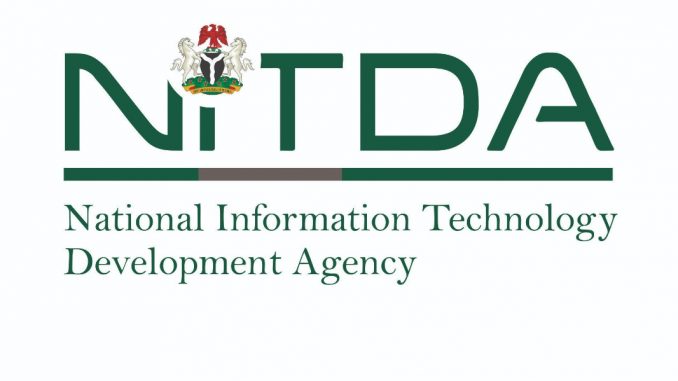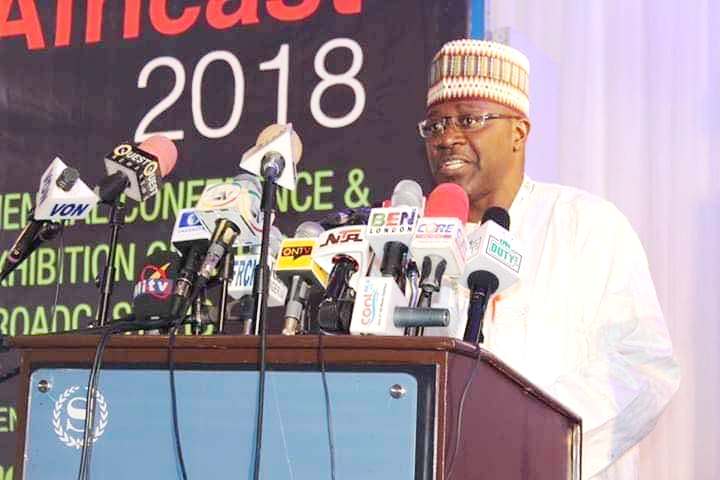Contrary to claims by several petroleum refining experts in government circle that first generation refineries have defiled all maintenance processes to remain inefficient, the Chief Executive Officer, Siemens Limited Nigeria, Onyeche Tifase, has stressed that only use of latest technology solutions in carrying out turnaround maintenance can do the magic.
In an interview weekend, she said there are new technologies that can be used to rejig the four ailing refineries and turn them to profitability.
According to her, people claiming that the refineries have defiled all revival efforts are not sincere to the Nigerian people and should be discountenanced because they are the same group clamouring for the sale or privatization.
She argued that if a group say a system is no more repairable and turnaround to advice for the sale; it means that they know what can be done, but they want it selfishly instead of national interest.
Tifase averred that “digitalisation in the energy sector involves a better use of data to manage and control multiple operations, and it drives efficiency in energy management and automation systems”.
“Nigeria’s best approach will be a combination of local skills and knowledge, and the expertise and experience of a proven international partner able to deliver digital technologies and automation, together with traditional instrumentation and controls, across the entire energy value chain. This further supports backward integration of skills and technical competence in Nigeria’s limited skilled workforce,” she said.
“Digital development is not confined to new oil and gas facilities. Existing oil and gas infrastructure, from pipeline to refinery, can easily be upgraded to digital automation. This means that Nigeria’s ageing oil refineries in Port Harcourt, Warri and Kaduna can be optimised with digitalisation.
“These facilities were built as early as 1978 but could be made far more efficient and productive, thereby significantly reducing Nigeria’s dependency on imported petroleum products. The benefits of this investment will be measured in billions of dollars.”
In her further submission, Siemens boss noted that the nation’s refineries had been underperforming and “notoriously inefficient” due to lack of maintenance and underinvestment in the needed technology to revive old refineries”.
She argued that world or even African oldest refineries are not in Nigeria and wherever they are, they are still producing to near capacity.
“Nigeria also struggles with ongoing vandalism of its oil and gas infrastructure. Pipeline insecurity has a devastating effect on oil production, with a staggering financial impact.”
“Technology is a significant part of the solution to vandalism of oil and gas infrastructure and pipeline insecurity in the country “as it enables real-time monitoring of infrastructure and quicker incident responses.
Tifase noted further that “Port Harcourt refinery, for example, has capacity for 150,000 bpd of oil production but has been running at just 10 per cent capacity for the past three years. This is mainly due to its reliance on 1980s technology, now regarded as obsolete in the global oil and gas sector.
“The consequence is lack of preventative and reactive maintenance, inaccurate forecasts and allocations, and soaring energy costs. To boost productivity and returns, Nigeria’s energy operators should rapidly adopt and integrate digital technology that improves efficiency and up-skill staff,” Tifase argued.









